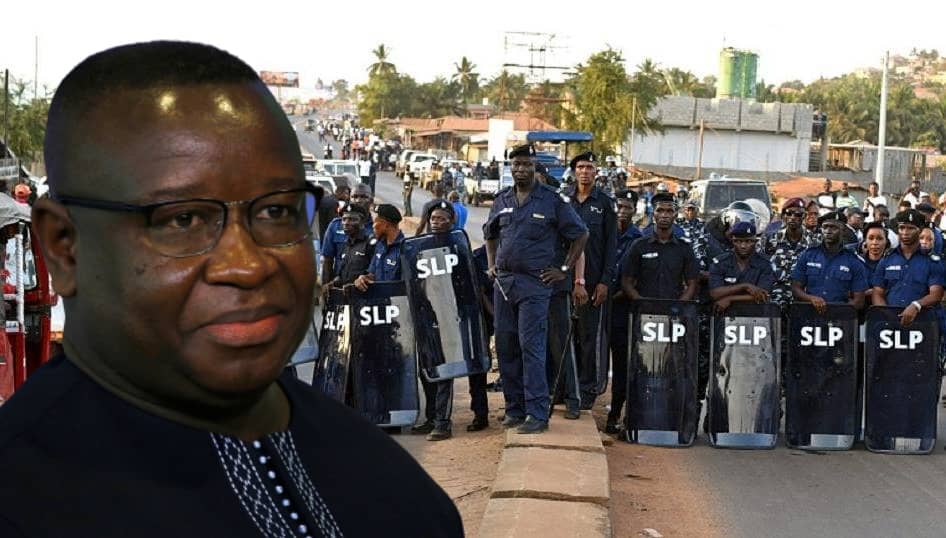The ECOWAS Court of Justice has mandated the Republic of Sierra Leone to pay $25,000 in compensation to Mohamed Morlu, a Sierra Leonean citizen, for infringing upon his fundamental human rights.
The case stemmed from an incident during a student protest in March 2017, where Morlu sustained a gunshot wound amid efforts by the Sierra Leonean police force to disperse demonstrators.
Presiding over the judgment, Justice Edward Amoako Asante asserted that the Respondent state had contravened Mr. Morlu’s right to security of person, freedom from torture, and the right to an effective remedy, as outlined in the African Charter on Human and People’s Rights, the International Covenant on Civil and Political Rights, and the Convention against Torture.
As part of the ruling, the Court mandated the government to cover any forthcoming medical procedures required to remove the bullet lodged in Morlu’s abdomen. Furthermore, it stipulated that the authorities must promptly investigate, apprehend, and prosecute the officers responsible for injuring Morlu during the student protest, in addition to instituting measures for proper training of law enforcement officers in crowd control techniques.
The incident occurred against the backdrop of a four-month lecturers’ strike at Njala University in Bo City, Sierra Leone, disrupting academic activities. On March 23, 2017, students embarked on a third protest march to voice their grievances to the Ministry of Education. However, efforts to disperse the demonstrators resulted in Morlu and other students sustaining injuries due to police gunfire.
Following the shooting, Morlu underwent surgery and subsequent medical treatment in Ghana due to complications arising from the bullet wound.
In its defense before the ECOWAS Court, the Respondent State contended that the protesting students had obstructed traffic and threw stones at law enforcement officers attempting to restore order. The police, in response, fired warning shots, one of which inadvertently struck Morlu. However, the Respondent denied any violation of Morlu’s human rights.
Dismissing the Respondent’s defense, the Court concluded that the firing of live ammunition into the crowd by the police was unjustified and rejected claims of accidental injury. Additionally, the Court upheld Morlu’s assertion of torture and criticized the Respondent for failing to conduct a thorough investigation or prosecute those responsible.
The panel of judges overseeing the case included Justice Edward Amoako Asante, who served as the Judge Rapporteur, along with Justices Gberi-Bè Ouattara and Sengu M. Koroma.












Waste of resources. Why would they even use live rounds on a protes? Oh Salone…